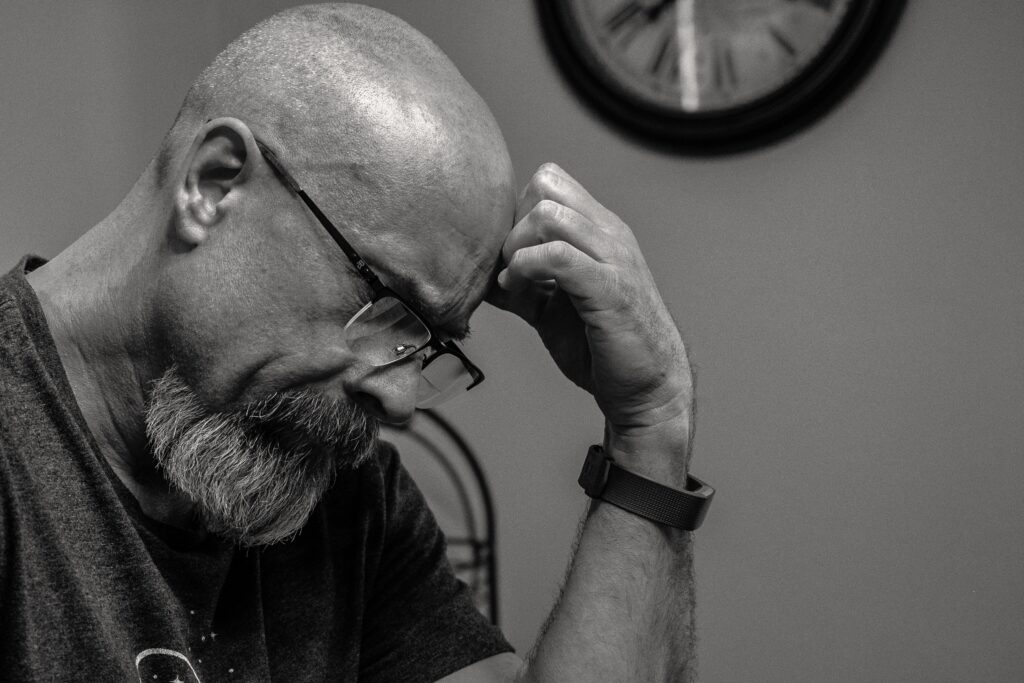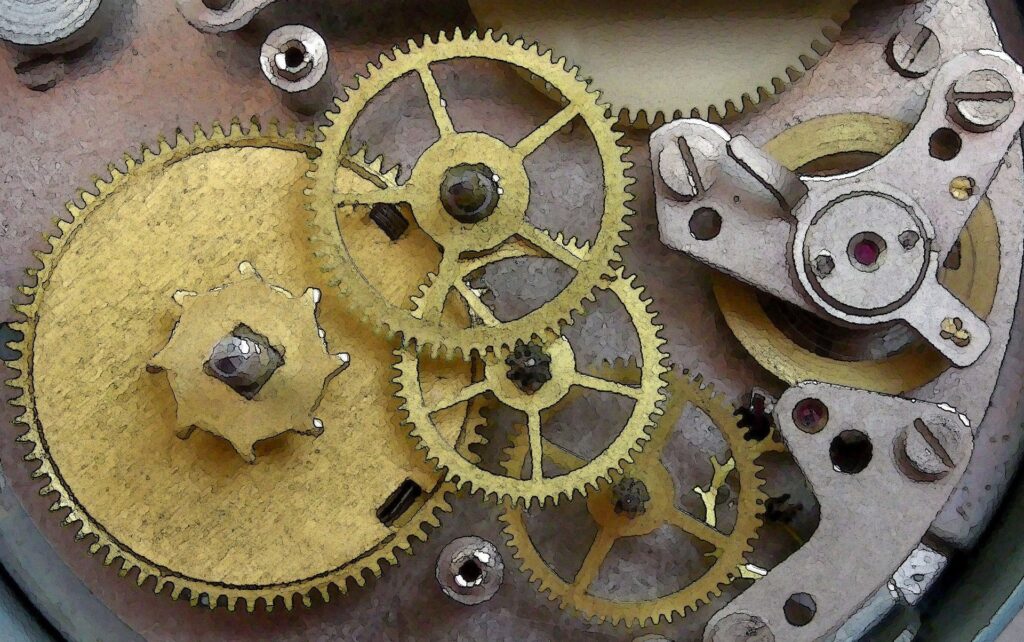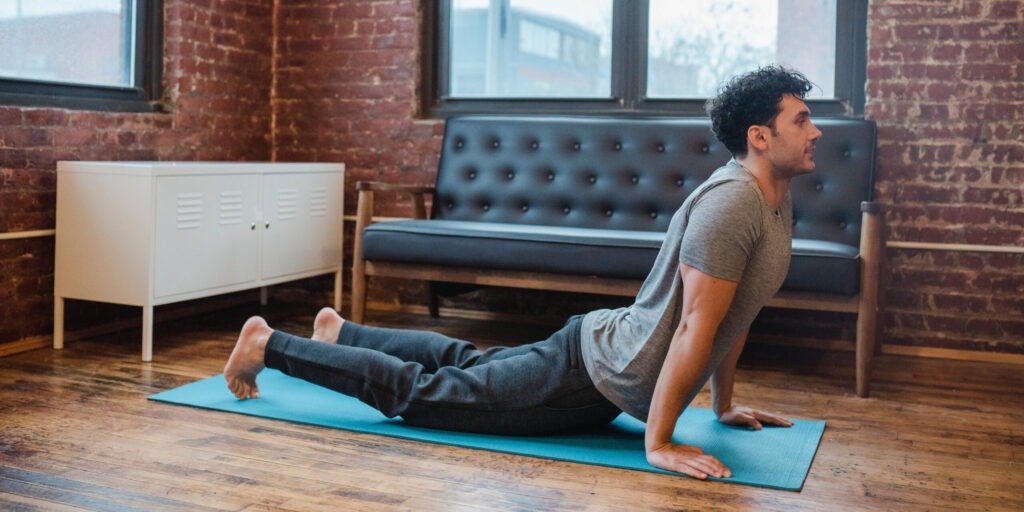Getting Out of Your Head

Whether it’s swordplay, dancing, or driving a car, when you first learn a skill it exists within the conscious learning part of the mind. This is the space where each movement and aspect of that movement is seen and coordinated as a separate piece. It feels awkward and often overwhelming. It’s easy to lose complete track of one part of a movement while you focus on another. There are simply too many movements to intentionally coordinate all at once.
You see first with your mind, then with your eyes, then finally it is in your body.
Yagyu Munenori. Family Traditions on the Art of War, 17th Century
Seeing What You Don’t Know
After repeating a particular pattern of movement over and over again your mind begins to build a mental model for that movement and all of its components. You start to “chunk” series of movements into single concepts: take a left turn, change guards into posta di dona, do an inside dance turn, etc.
These chunks then gradually become part of an overall model for the skill within a given context: parallel parking, tactically constraining an opponent, dancing in close embrace.
When this happens, you can start to free up mental resources to see beyond your own internal process. You can begin to see and respond to traffic, look for openings, or actually dance to the music. Yet even so, there is a long period where even well-disciplined chunks of movement are not organized into useful overall models. Much of your mind will still be occupied with managing what’s going on inside while you try to respond to what is happening outside.
This can be a very frustrating stage, especially in swordplay. It’s where you can feel most “stuck in your head”. You might see an opportunity but you’re thinking so much about what you need to do that it evaporates before you can act on it. You might get struck while your mind is occupied with a different part of the fight, or you may even perceive that you’re open but seemingly be unable to coordinate the right response.
The cognitive load, even at this stage, is still very high. Yet it’s perhaps comforting to know that your ability to perceive the problems is a strong sign of forward progress.
Knowing with Your Body
This is the stage that you are hungry for: when you see an opportunity and seem to act in that moment with no conscious thought at all. Your body just executes. When your mind has fully integrated a particular skill, the stimulus that garners a particular response does not go through the conscious decision making part of your brain at all, it simply commands the reaction.
Most people who have been driving for a number of years are aware of this experience. You think very little about how you’re holding the wheel, or pressing the break, or shifting between gears. You think where you want to go and you go there. When an emergency arrises, you simply react to it as if the car is part of you. You can carry on a conversation and be aware of your surroundings all while maneuvering a tin can on wheels at high speeds.
After many thousands of hours of practicing a skill, you will have built up countless mental models for movements and contexts for executing them; you find this “mindless” flow state. From this state you can start working on some of the bigger puzzles like how to deal with a particular opponent, which techniques to apply in a given tactical situation, etc. You are free to focus on the bigger picture.
When you allow yourself to be aware of this state, it’s quite a beautiful and marvellous thing.
Getting There
If you ask a driving instructor how to stop “thinking” about driving they simply tell you to keep practicing and that this state comes with time. There are no standard “get out of your head” driving exercises (though I suppose there may be some approaches for the most extreme of over-thinkers). Being “in your head” is part of the learning process.
The important thing is to keep focusing on the objectives of your skills and not just the skills themselves. In the driving example you are moving your attention between the driving outcome (perhaps navigating an obstacle course) and the skill requirements (managing steering, clutching, breaking, and accelerating). If you focus only on the outcome, then you’ll have a hard time making corrections to the individual movements. However, it’s hard to get good at using your brakes in any effective manner if you’re simply sitting in place drilling your ability to push the pedal down.
Learning is a constant process of moving between granular thinking and whole-system thinking. Even after you have gained some level of mastery, when you are seeking to refine a particular skill you must move it back into that first stage of highly mental analysis. Then, just like at the beginning, your mind will have too much going on to pay attention to the whole system and you may very well make lots of mistakes in other areas. That’s okay. It’s just part of the process.
Being in your head is part of learning.
Give Yourself a Break
Take some time this week in your training to not train but simply do. Often what people find tiring is not so much the process of “being in your head” as the neighbouring problem of spending all your time judging and striving. Constantly focusing on improvement can be exhausting and can disconnect you from the love of your art that got you started in the first place.
Here’s what you can do in your “not training” time:
Savour Movement. Spend some time moving in your body without judgment. Do some solo forms or use an exercise like mortal/immortal or immortal/immortal where winning objectives are redefined.
Be Curious. Practice slow fencing with your curiosity on high. What are you doing in your fight? How does your opponent respond to particular actions? Observation is your winning objective.
Play A Game. I’m a huge fan of sparring games. They can allow you to focus on a subset of skills while giving them a combative context. They can also allow you to let go and simply have fun in an environment that is not overwhelming.
And of course… be patient.




“If you ask a driving instructor how to stop “thinking” about driving they simply tell you to keep practicing and that this state comes with time.”
My fencing instructor recommends more fencing, the best medicine for fencing. When someone is thinking too hard, he fences them a little bit to get them out of their head. He sees the moment that they come out of their head (I have prior experiences) and says “Good! You got this! Your hand knows the motion.”
“After many thousands of hours of practicing a skill, you will have built up countless mental models for movements and contexts for executing them; you find this “mindless” flow state.”
There’s also another trait of this state, and that is when you know you did something wrong. One has done a technique so much that they can feel what is wrong. However, this tends to bring the person back to the analysis stage since this trait doesn’t always pinpoint the error, so it’s a tricky thing to use.